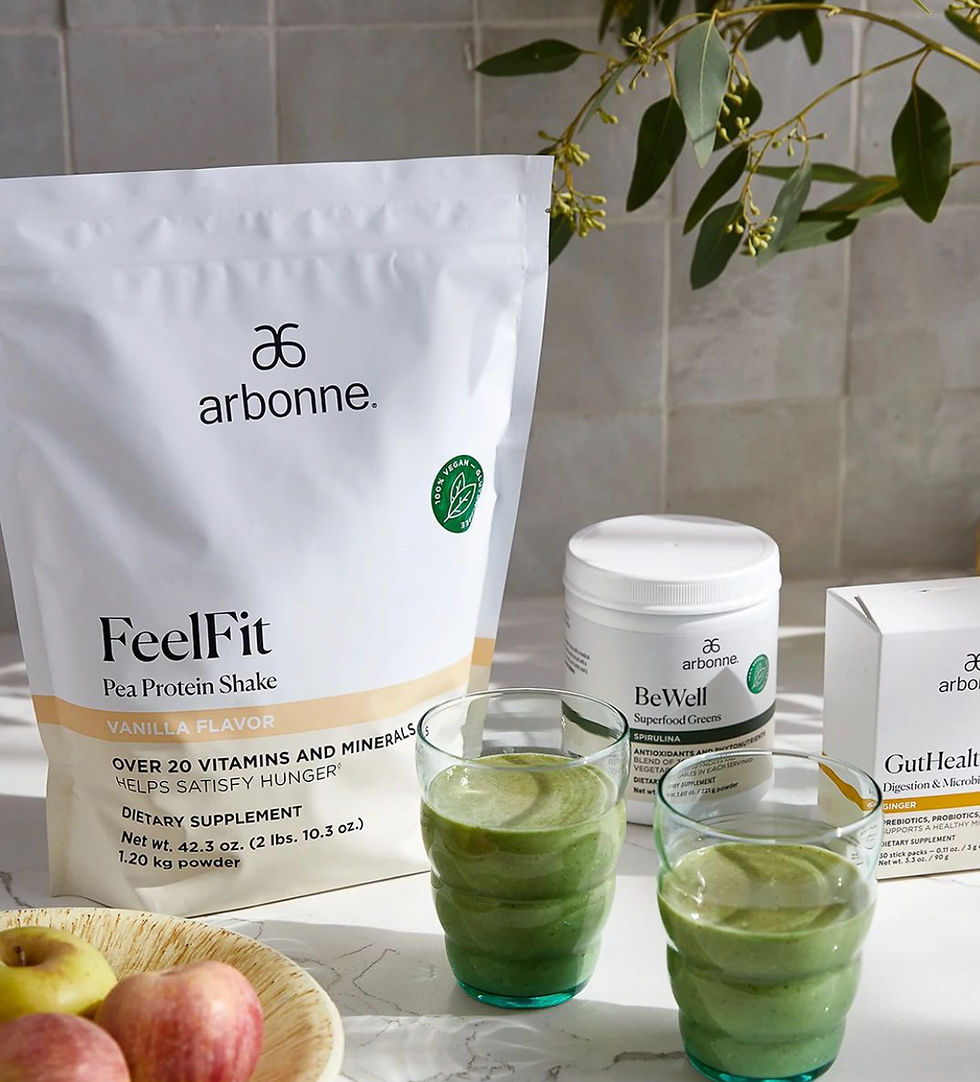
If what you are looking for is more energy, stay focused, fuel your muscles, and control your hunger then protein is your answer. Protein is also known as the “building blocks of life” because of its nutritional value. I know you have never thought about protein this way, you always think about how much you need protein and how little you need carbs to stay skinny and fit, but truth is that there’s a lot more on protein than just looking skinny.
Our bodies cannot function without protein, so it is considered an essential nutrient. Protein can be an amazing ally when it comes to controlling hunger, it can shut off the hunger mechanism in the hypothalamus, in the brain, something that starches and carbohydrates don’t do. It is recommended to always start with a protein reach food, to help control how much to eat.
When you consume protein, your body breaks it down into its smallest component called amino acids. Amino acids are molecules that are used by your body to build and repair all of your cells, including your DNA (I just got a desire to make a protein shake ladies! Yummm!) There are about twenty types of amino acids, and your body can produce a good amount of them, but can’t produce them all (about 8 types of them), which means that you need to add them to your nutrition. These amino acids are called “Essential Amino Acids” and you need to consume them daily to maintain a healthy body.
Interestingly enough, protein cannot be stored in your body like other foods, so you need to consume it throughout the day in small portions so the amino acids are available in your body to use all day long.
Benefits On The Body
Protein can ensure that you can build and maintain your muscles and bones, as well as the antibodies that keep you healthy, the hormones that affect your mood, and the enzymes that make your digestion possible. Protein helps you lift a weight, do a crunch, pick up your kids or nieces, go up the stairs, think, read, etc. Without it you could not be, this is why they called it the building blocks of life.
“Protein nourishes your physical self, protein is the source of your straight.”
Without protein, you wouldn’t be able to go on and read this, to move, to go on a date, fall in love, hug someone, and feel your heart rate as you kissed.
“Protein means “Of prime importance”.
In more simple words :
Proteins an important component of every cell in the body.
Hair and nails are mostly made of protein.
Your body uses protein to build and repair tissues.
You also use protein to make enzymes, hormones, and other body chemicals.
Protein is an important building block of bones, muscles, cartilage, skin, and blood.
How Much?

According to the experts, you should consume 35% of your calories in the shape of proteins, which means that 1/3 of your plates (each: breakfast/lunch/dinner) should be protein. Because protein supports healthy grow it is recommended that kids, teenagers, and pregnant women consume a little bit more protein. However, the amount you need will vary on the daily activities you perform, your body weight, and your age. If you are physically active like I am then you will need a little more protein than someone who is less active, because we would be constantly building and repairing muscle, in comparison with someone who just runs a few miles per week.
Lightly Active Female
This is: If you run two and a half hours a week, plus an hour of yoga and an hour of weight training. In other words, you are less than 3 hours of the week active then this is considered lightly active.
100 lb = 36 g
115 lb = 42 g
130 lb = 47 g
145 lb = 53 g
160 lb = 58 g
175 lb = 64 g
Very Active Female
This is: You train for around five hours over the course of a week. Note: The harder is your training the higher protein intake you will need.
100 lb = 55-77 g
115 lb = 63-89 g
130 lb = 71-100 g
145 lb = 79-112 g
160 lb = 87-124 g
175 lb = 95-135 g Others:
Teenage boys and active men can get all the protein they need from three daily servings for a total of seven ounces.
For children age 2 to 6, most women, and some older people, the government recommends two daily servings for a total of five ounces.
For older children, teen girls, active women, and most men, the guidelines give the nod to two daily servings for a total of six ounces.
Sources Of Protein

The best sources of protein are the ones that come whole straight from the farm without any added chemicals, hormones, pesticides, etc. A lot of people get scared of a protein deficiency especially on a plant-based diet, but truth is that protein deficiency is very rare because all proteins come from plants (animals obtain their protein from the plants they eat), which means that healthy plant-based eaters can’t have protein deficiency.
However, we need to make sure we consume and pair a good variety of plants on each plate because each plant offers a different type of protein, so a good example could be:
–Beans or legumes with a whole grain such as brown rice or quinoa
Some of the needs of protein such as building muscles, creating enzymes, or forming hormones requires different types of amino acids, so it is very important to consume different types of protein foods so we can ensure that any time our body needs to restore, repair, build or create, it has the amino acids it needs. If you are missing any amino acid, the whole operation is thrown off, and have an unhealthy body.
Just because your body does not store protein does not mean that you need to eat a whole plate full of protein that will last all day long, all you need is small size portions, about a third of your plate, on each meal, you need to introduce them slowly through your day.
The best sources of plant-based proteins are:
Quinoa
Lentils
Brown rice
When it comes to its preparation you can: steam, roast, broil, and grill your vegetables keeping in mind the heat to not kill any extra nutrients that are on it.
Protein Serving Size Grams Of Protein
Tofu 1/2 cup 10
Lentils, cooked 1/2 cup 9
Raw almonds 1/4 cup 7
Peanut butter 2 tbsp 8
Pasta, cooked 1 cup 7
Black beans, cooked 1/2 cup 7
Quinoa, cooked 1/2 cup 4
Broccoli, cooked 1/2 cup 3
White or brown rice, cooked 1/2 cup 3
Oatmeal, cooked 1/2 cup 3
Couscous, cooked 1/2 cup 3
My top protein supplements:
Arbonne’s protein boost
Arbonne’s chocolate protein shake mix
Arbonne’s vanilla protein shake mix
Arbonne’s chocolate protein snack bars
Arbonne’s iced lemon protein snack bars



Comments